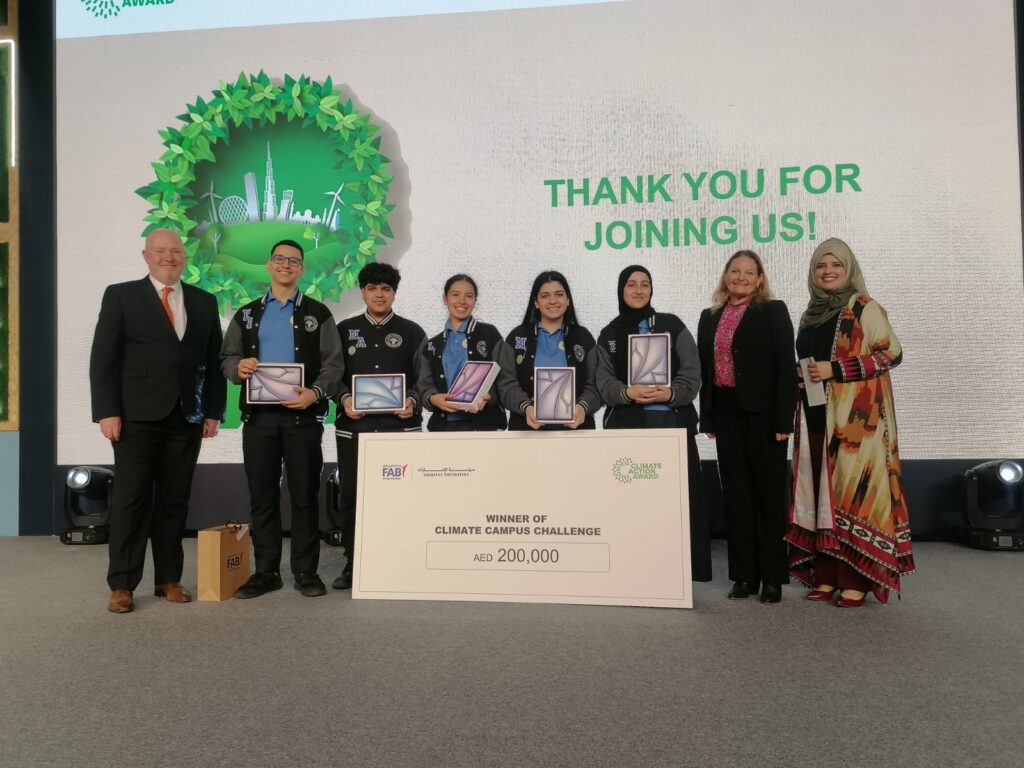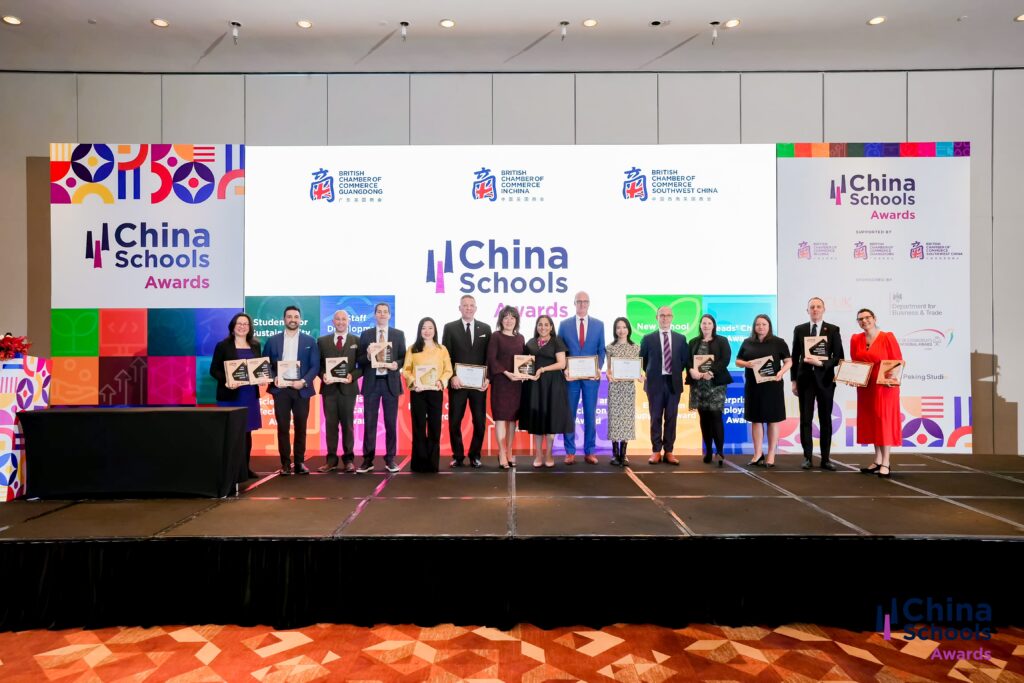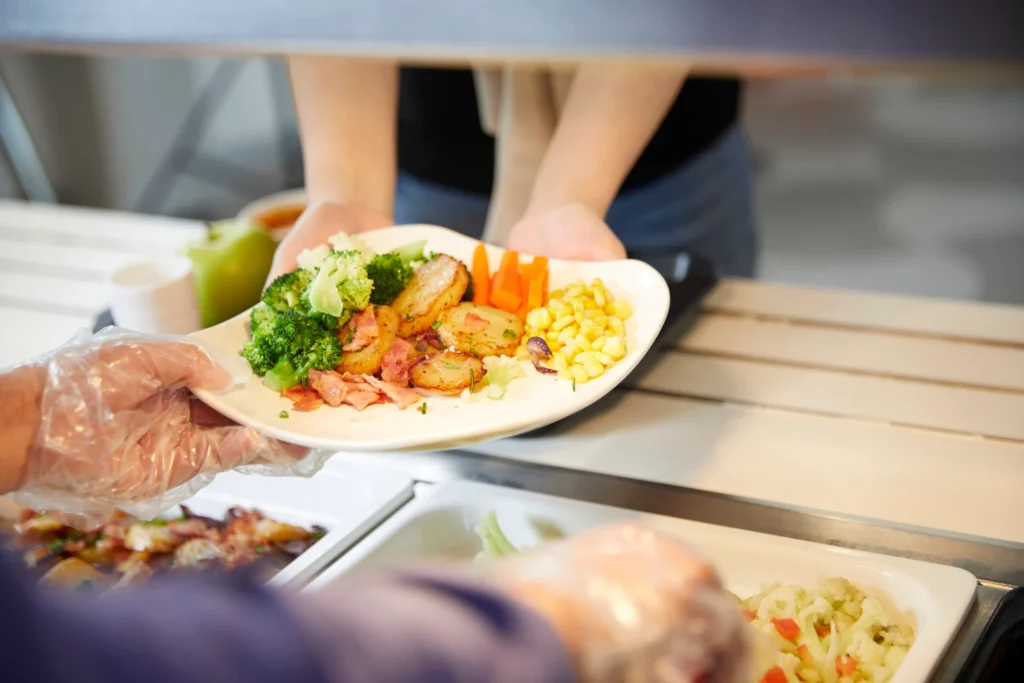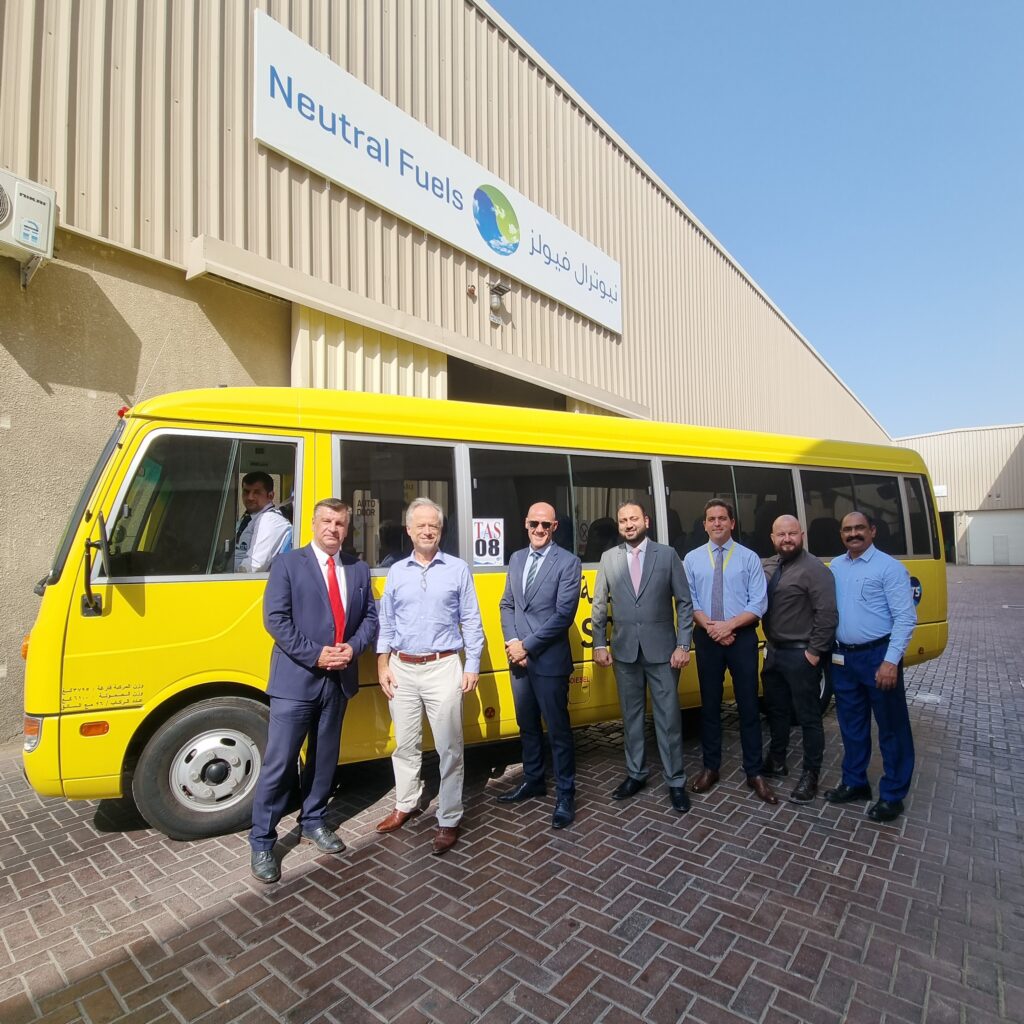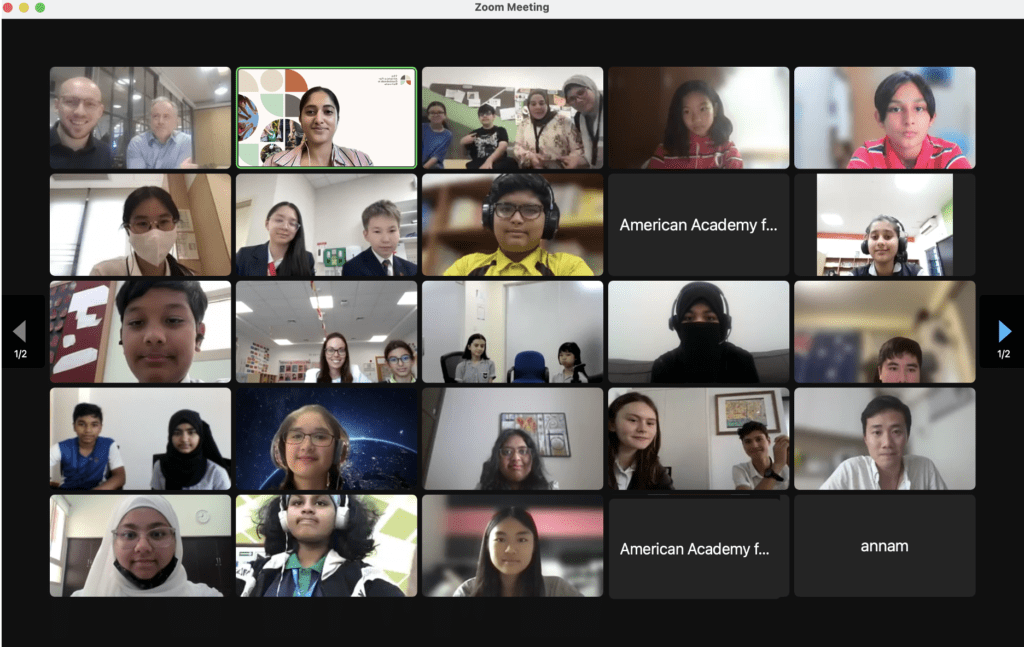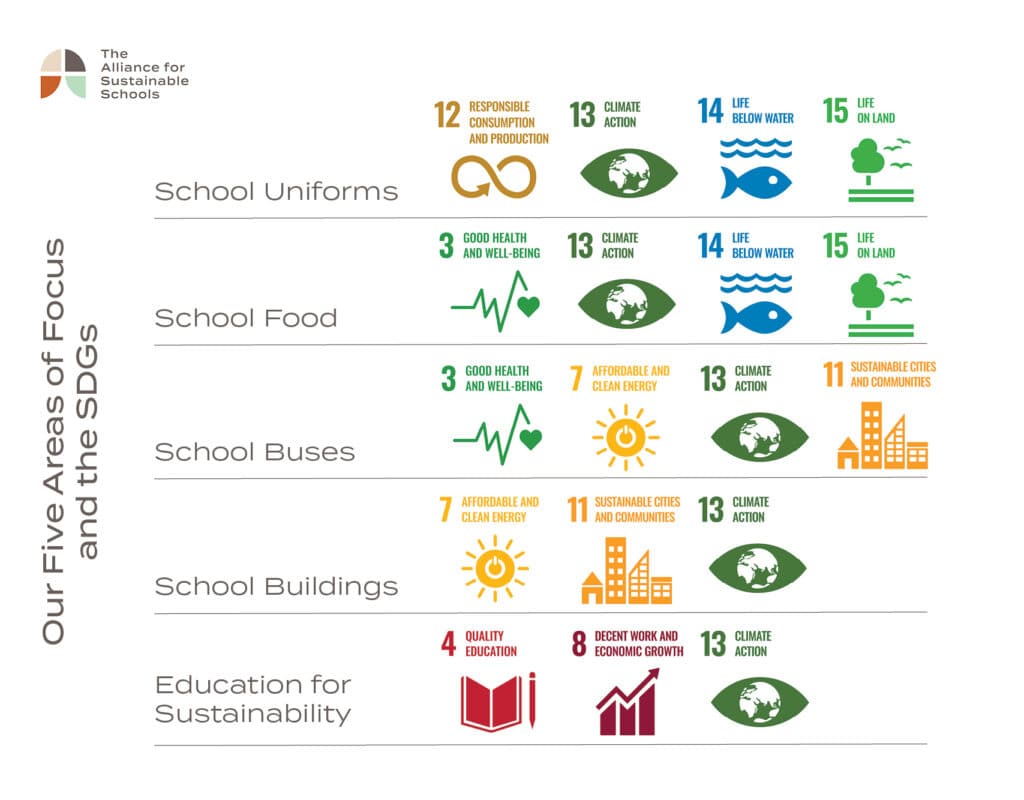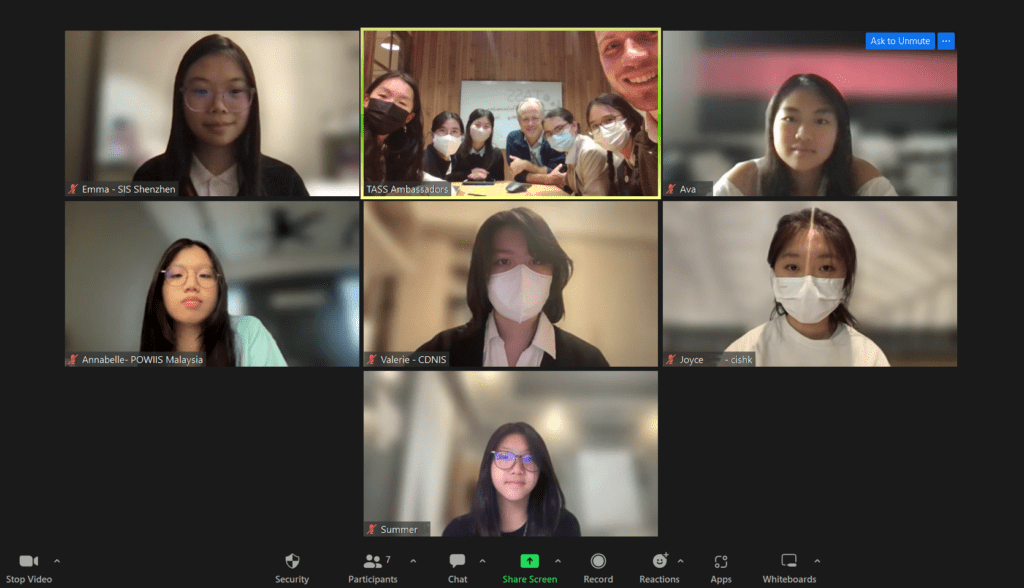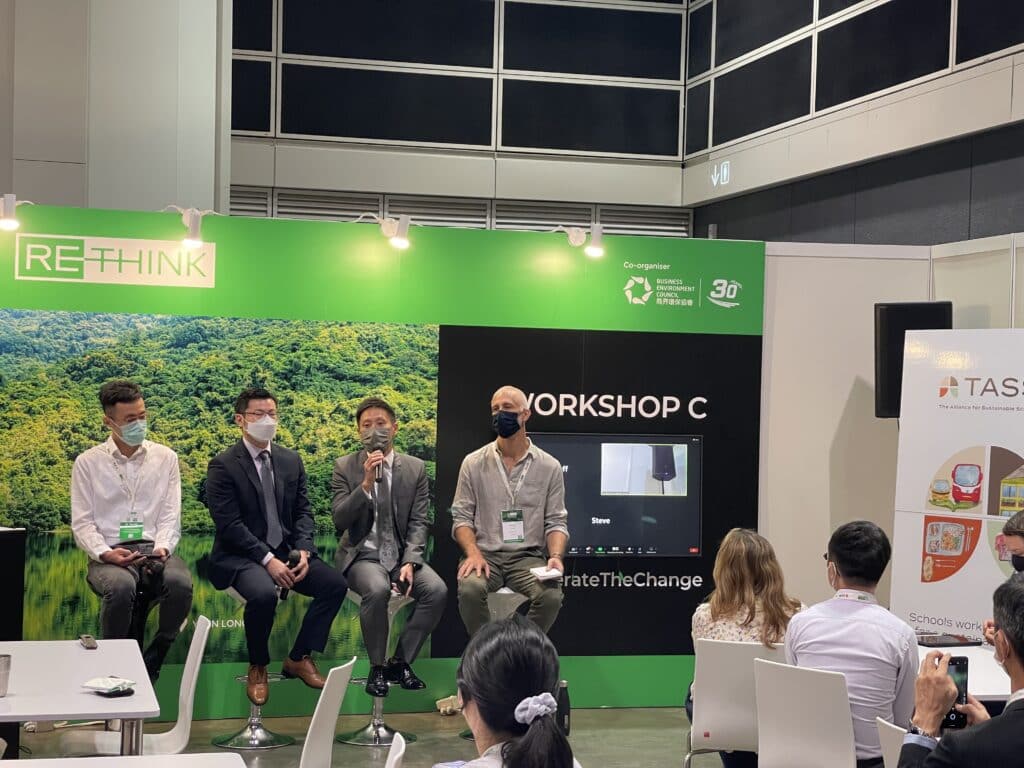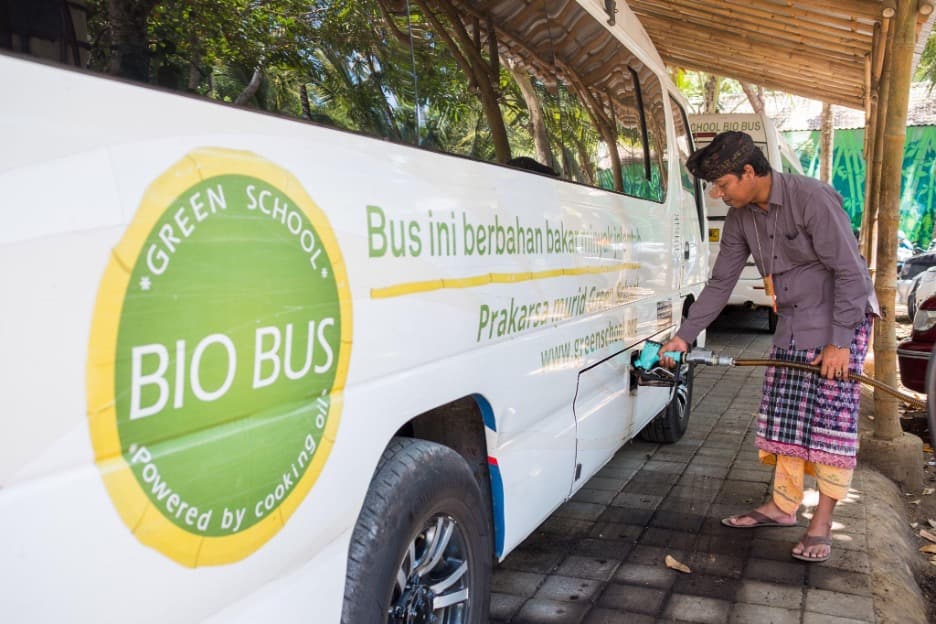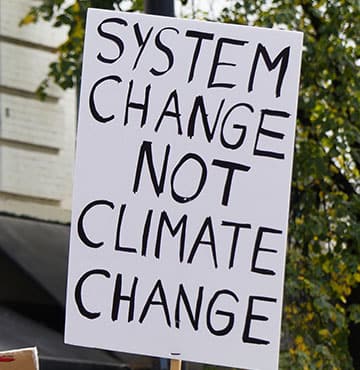Biodiesel made from waste (B100) reduces carbon dioxide emissions by 85% compared to fossil diesel. No other fuel available today at scale can achieve such a significant reduction in carbon emissions on such a short time scale. It is manufactured in Hong Kong by three local companies which have the capacity to produce more than 100 million liters of biodiesel per year, which is equivalent to 10% of the fossil diesel fuel consumed for road transport.
The main obstacle to wider adoption of biodiesel in Hong Kong is distribution: biodiesel is currently only available at three Shell refuelling stations, all located in the New Territories. School bus companies whose depots or routes are located in other parts of the city therefore find refuelling inconvenient.
TASS Student Ambassadors in Hong Kong have been been writing to Shell Hong Kong to explore solutions to this challenge. Shell says that they don’t have room to install more fuel tanks and that the demand for biodiesel isn’t high enough to justify replacing diesel with biodiesel (B5) in their existing tanks. The students question whether this would be the case if all the school buses in Hong Kong were using B5. The dialogue is ongoing and the students have asked Shell for a meeting to accelerate the discussions.
Shell has recently been promoting HVO – a very similar low-carbon fuel to biodiesel. Perhaps this is cause for optimism. Any sustainable low-carbon alternative to diesel in school buses is a welcome improvement.
We are proud of the ambassadors’ advocacy efforts, and look forward to constructive engagement from Shell on how to reduce the carbon emissions from school buses.




